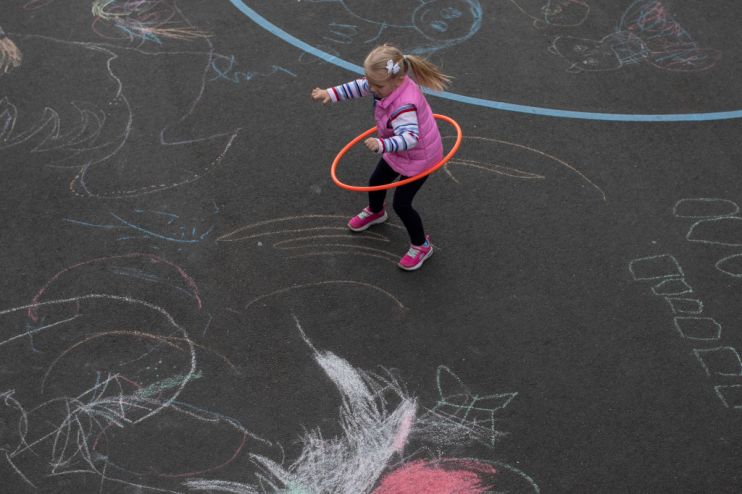We should never have to choose between pubs and schools — but if we do, schools must come first

It is a “moral duty: and a “national priority” to return all children to the classroom in September.
So wrote the Prime Minister in an op-ed at the weekend, in which he pinned his colours to the mast of the schools debate in no uncertain terms.
Boris Johnson’s intervention comes in response to mounting concerns over local lockdowns and the creeping rates of Covid-19 infection, with worries that schools will not be not be able to open in three weeks if circumstances remain the same.
The mood is growing increasingly desperate. Last week, the children’s commissioner Anne Longfield sparked debate after she suggested that, if there were to be a second coronavirus spike, pubs and restaurants should be shut in favour of schools reopening.
Longfield’s suggestion prompts an uneasy conversation about trade-offs and priorities. There are clear and vital benefits to pubs and restaurants remaining open, like the boost to the national and local economies, the tourism industry, and national morale — not to mention protecting jobs.
On the flip side, school closures spell huge long-term ramifications for the future of the children in this country. Abandoning reopening plans is not a risk we as a nation can afford to take.
Already, closing down schools has had an impact on British children, with as many as four in 10 estimated to have had no contact with teachers at all, according to the National Foundation for Education Research. While we’ve seen a push for online teaching and learning from home, which some schools have managed effectively and impressively, many of the poorest and most vulnerable pupils do not have access to computer equipment and internet connectivity necessary for them to learn properly.
It is the effect on these vulnerable children that we need to refer to as our moral compass in these difficult circumstances. Even in normal times, children in the vulnerable category are more likely to struggle to stay engaged and maintain strong working relationships with teachers. We can only imagine what impact going five months or more without face to face educational contact will have on their futures — and the forecasts look bleak. More kids are likely to be pushed away from education as a result of school closures, further widening the inequality gap.
Our charity works with schools in the most deprived areas of London. We know first-hand the stark challenges children in these areas have faced since lockdown began, and cold statistics back up what we have seen. Secondary schools with the highest number of children eligible for free school meals reported that only 48 per cent of pupils were engaged with learning activities during this time. That’s over half of the most vulnerable children missing out on learning altogether.
Of course, we need our schools to be safe — for children, teachers and parents alike. And the kind of innovative, agile solutions to social distancing rules that businesses have adopted throughout the pandemic can be applied to enable schools to reopen safely.
Whether it’s reopening schools on a staggered basis or making use of outdoor space and other public buildings to maintain distancing, there are ways to provide that much-needed face to face connection between students and teachers for at least a couple of hours a day.
But for this to work, education needs the same level of government support and commitment shown to the business and health sectors. We have to be flexible and creative, and if schools require emergency resources and an injection of funds to support teachers and young people returning to school, the government should honour Johnson’s message of “moral responsibility” and “national priority”.
Hopefully, we will never be in a situation where the government must decide between supporting our business community and reopening schools. But if we do, the education of this generation of children must come first.
Main image credit: Getty